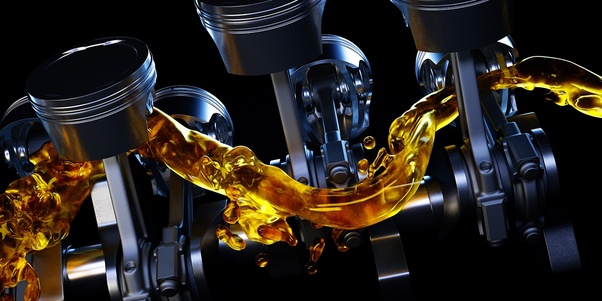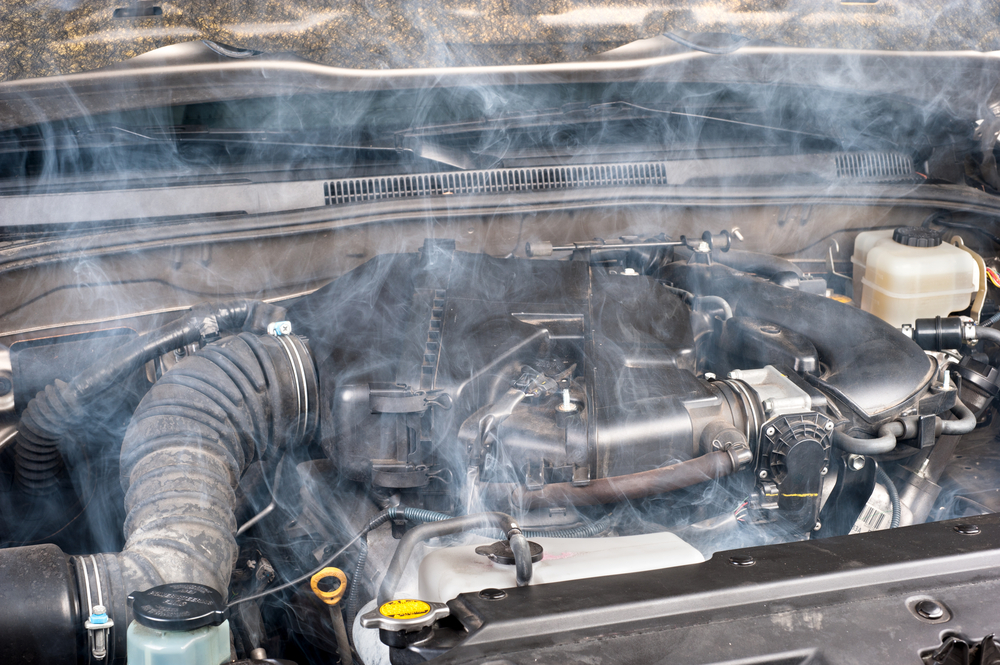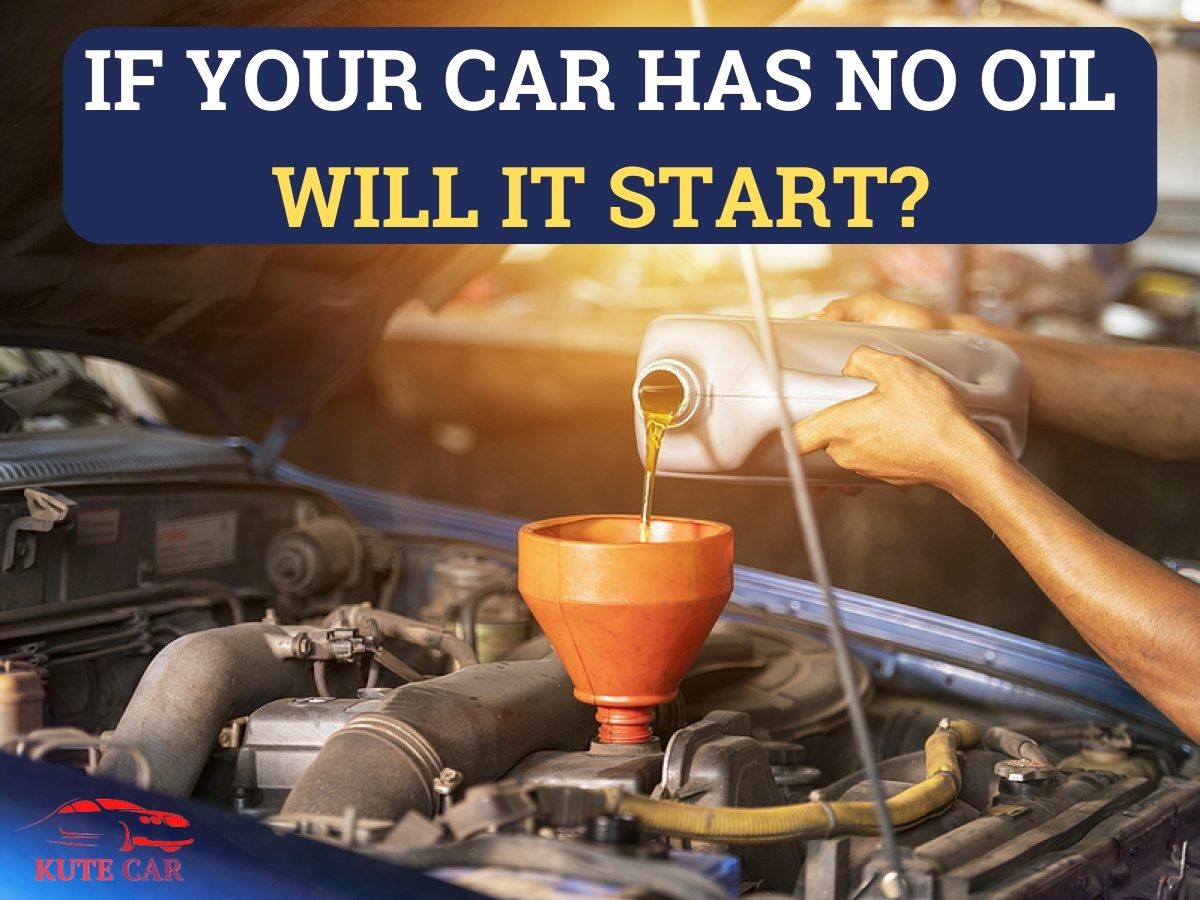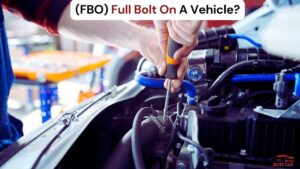It’s a scene most drivers have had a nightmare about – you’re driving along when the oil pressure warning light suddenly pops on. You pull over, check the dipstick, and realize with dread that your engine oil level is dangerously low or even bone-dry. While your first instinct may be to add oil and continue on your way. If your car has no oil will it start can lead to devastating mechanical damage.
We will look at what goes wrong inside your car when you don’t have enough oil and the damage that can happen. We’ll likewise be talking about the advance notice signs that your oil content could have arrived at perilous levels. By keeping oil levels high and performing ordinary support, it is feasible to assist all drivers with staying away from disastrous motor issues by grasping these possible outcomes. To figure out more about perceiving the indications of decreased oil and to safeguard your motor from steady mechanical harm, see this article.
Importance of Adequate Lubrication for Engine Longevity
When a car’s engine has inadequate lubrication, a sequence of events can quickly snowball into complete engine failure. The hidden moving parts under the hood rely on oil to coat metal surfaces, regulate temperature, and allow smooth operation. When oil runs low or becomes depleted, these engine components are not properly protected or cooled.
What Happens If Your Car Has No Oil Will It Start?
Oil is a critical fluid that allows the engine in your vehicle to run suitably and without any problem. It lubricates all of the moving parts in the machine and prevents excess wear and tear. You risk significant motor harm on the Will a car shut off if it has no oil that you attempt to begin your vehicle with no oil change. Here’s a more detailed look at what can happen:
Engine seizure
This is the worst-case scenario. Will A Car starts Without Oil, the engine’s metal parts will grind and rub against each other. At last, the unnecessary erosion can make the motor’s moving parts seize up and quit moving. As of now, your motor is toast and probably should be supplanted.
Rod or crankshaft damage
The connecting rod bearings and crankshaft bearings rely on oil for lubrication. Without oil, these bearings will overheat very quickly while you’re trying to start the engine. It can lead to bearing wear or even failure. If the approaches fail or get damaged, the rods and crankshaft will also be damaged and require repair or replacement.
Increased engine wear
Even if you manage to get the engine started without seizing, the lack of oil means there is metal-on-metal contact while the engine is running. It dramatically accelerates wear on internal engine components like pistons, piston rings, cylinders, valves, etc. The engine may run quickly but could damage the internals and shorten its operational lifetime.

The oil light will be on
Your oil pressure sensor will detect the lack of oil pressure and cause the oil warning light to illuminate if you can get the engine started. Driving with the oil light on can quickly lead to extensive engine damage.
Check engine light
If you attempt to start without oil, the computer may detect internal engine damage or wear and turn on the check engine light. The stored diagnostic trouble codes should be addressed if sensor readings are out of the normal range.
What Happens if Your Car Runs Out of Oil
Oil’s the backbone of your motor, greasing up every one of the moving parts and keeping it chugging along as expected. The outcomes can be extreme on the off chance that you drive your vehicle with no or low oil. Here’s a more in-depth look at what happens:
Insufficient Lubrication
Engine oil coats all of the internal moving components in the engine. It forestalls metal-on-metal contact, erosion, and overheating. If your car has no oil will it start? These parts are not lubricated properly and will grind, scrape, and rub against each other. It forestalls metal-on-metal contact, erosion, and overheating.
Increased Friction
The friction between engine components increases rapidly as oil depletes. Heat development can lead gaskets, seals, and other motor parts to come up short. It likewise speeds up wear on bearing, chambers, chambers, chamber rings, and other crucial parts.
Engine Overheating
As heat builds up and parts wear down, the engine will overheat. The oil controls motor temperature by retaining and disseminating heat. Too much friction and no cooling leads to rapid overheating inside the cylinders and combustion chambers.

Seized Engine
If oil is completely depleted, extreme friction and overheating can cause the engine’s moving components to weld themselves together. When engine parts become completely stuck, this is known as seizing. A seized engine will stop working and likely require a full rebuild or replacement.
Drops in Oil Pressure
Even before the oil runs out completely, the dropping oil levels lead to a loss of oil pressure. It will cause your oil pressure warning light to illuminate if the car has low or no oil. Driving with the light on can quickly result in the scenarios above.
Solution For If Your Car Has No Oil Will It Start
- Check the oil level – Use the dipstick to check the oil level. If it’s empty or extremely low, that’s likely why your car won’t start. You’ll need to add some oil before trying to start it again.
- Add oil – Add the recommended type and amount of oil based on your owner’s manual. You may need to add around 1-2 quarts to get the oil level back to the “Full” mark on the dipstick.
- Check for leaks – After adding oil, check below your car and under the hood for any visible oil leaks. A major leak could have caused the oil loss in the first place. You may need a repair to fix the leak before the car will run properly.
- Try starting again – With the proper oil level restored, try starting your car again. If it starts up, let it run for a minute to circulate the fresh oil. Then check for leak points again.
- Still won’t start? Get a diagnostic – If the engine still won’t start up, the issue may not be due simply to low oil. Have a mechanic diagnose the specific cause. There could be an issue with the starter, alternator, fuel framework, or different parts.
- Schedule regular oil changes – To avoid this situation in the future, stay diligent about routine oil and filter changes every 3,000-5,000 miles. Checking oil levels monthly can also help avoid suddenly running too low.
The Importance of Regular Oil Changes and Oil Level Checks
Regular oil changes and checking oil levels frequently can help all drivers avoid the nightmare scenario of a seized or broken engine. Be steady about upkeep, gain proficiency with the hints of your motor, and keep oil filled to the legitimate levels.
They are making a move rapidly when you spot low oil alerts, and holes will go quite far to forestall unsalvageable motor harm and save you from expensive fixes not too far off. Your car’s engine can reliably run for years with vigilance and proper care. Don’t take oil for granted – it’s the life-giving fluid every machine needs to operate and protect itself from premature wear and failure.
Conclusion
If your car has no oil, starting with insufficient or depleted oil can quickly lead to devastating and irreparable damage to your engine. The oil is a defensive obstruction between moving parts and keeps the motor cool. Without it, components scrape and grind against each other, eventually overheating and seizing up. Warning signs like oil pressure lights illuminating and engine knocking sounds indicate that oil levels are dangerously low.
If you notice these symptoms, pull over and shut off the engine immediately. Refrain from attempting to drive to your destination. The few extra miles could be between an inexpensive oil top-off and a complete engine rebuild or replacement.
FAQs Regarding, If Your Car Has No Oil Will It Start?
Q.1) What happens if I try to start my car without oil?
Attempting to start a car without oil can result in rapid wear and tear of engine components.
Q.2) Will my car’s oil level affect its ability to start?
Yes, the oil level in your car directly impacts its ability to start. When the oil level is low, This can cause the engine to struggle and produce unusual noises, or even fail to start altogether.
Q.3) What are the signs that my car has low oil before starting?
Before starting your car, signs of low oil levels include illuminated oil pressure warning lights on the dashboard, unusual engine noises, increased engine temperature, and sluggish performance.
Q.4) What should I do if I accidentally start my car without oil?
If you’ve started your car without oil, you should turn off the engine immediately to minimize further damage.
Q.5) Are electric vehicles (EVs) susceptible to similar issues with their lubricating fluids?
EVs have fewer lubrication points than internal combustion engines, reducing the complexity. Operating an EV with insufficient lubrication can result in mechanical wear and compromised efficiency.
Q.6) What is the potential impact of starting a car with no oil in vehicles equipped with start-stop systems?
Start-stop systems temporarily shut down the engine when the car is stationary. If the engine restarts with no oil, the lack of immediate lubrication during these frequent restarts can lead to expedited wear, compromising the engine’s longevity.




